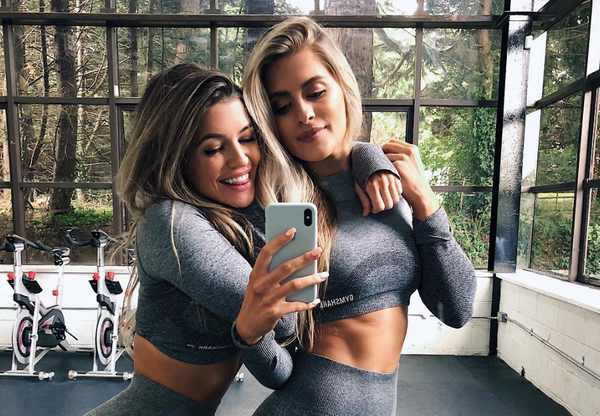I stopped breathing in normal patterns a year and a half ago.
The natural rise and fall of the ribcage and the compression of muscle underneath the layers of skin deteriorated within me months back. A human being can survive without breathing for seconds at a time. One's head can deplete itself of oxygen and panic from time to time and still appear functional to the rest of the world.
For the moments that I consciously choose to suffocate, I sit in my car and ponder my own thoughts. This habit began at the age of 23 and will cease by the end of my 24th year. I find it unhealthy to continue.
As you drive along the road, giving due diligence to the road and its travelers, you might have passed by me. Using my vehicle's confinements as an echo chamber, I want to hear the uncomfortable feelings welling inside of me, overflowing out into the sound waves of my screams.
Sometimes, I think that my screaming will assuage the slow, sinking feeling. It usually doesn't. The feeling creeps upon me and thrashes down upon me as though it had been awaiting its chance to return.
I drown in the feeling.
My breathing stops.
Distract, distract, distract - stop. Try, try, stop.
Another person walks by my car and stares. I see it through my swelling eyes. Pity lines the stranger's eyelids. They blink and turn their head.
Although unfortunate, I know why I cease to breathe without my knowledge. There is a silence that overpowers me without my knowledge and that reason is anxiety. Its counterpart -- PTSD.
I did not go to war, and I wouldn't need to to have acquired Post-Traumatic Stress Disorder. My brain operates differently than yours; I know how it happened.
Think of me as a robot. There is a capacity to each wire, each chip, that comprises my operating system. At some point in time, I overpowered some circuitry. Rather than thinking of it as a "break" in the system, think of it as a release of electricity. It circles through other areas of my brain.
Rather than thinking of it as a "break" in the system, think of it as a release of electricity. It circles through other areas of my OS, and I cannot control what parts are affected. That means:
Some days, I feel like I have more creativity than ever before. My ability to replicate details and harmonize to the small, synchronous events of the world is immense. Others, I find myself crying over every single humanistic thing. Documentaries, pieces of art, human acts of kindness -- my tears fall like avalanches down a mountain.
This polarized gamut of reactions, this hyper-arousal, is one hallmark of PTSD. Tie this with desired isolation from others, self-harming behaviors, and immediate breakdowns upon finding any amalgamation of my reality and China and you have me.
Now, recognize -- there is nothing wrong with this except for the fact that the resources available for these afflictions are limited. Actually, let me add one more to that:
the social acceptance of these disorders is also a big problem.
Just check out the work of a recent recipient of a Pulitzer Prize: a story about Sam
I would say that the solution is to "talk about these problems," but I know that isn't enough. I'm not alone. A fellow writer for American Twilight, Misha, wrote an article last week about depression, and his words embody a lot about the current state of mental illness discussions:
What people do not seem to be able to handle is anything explicit, anything specific to how I am feeling or my thought process. “I really hate my body right now and would like to cut pieces of it off if I didn’t know better enough to stop myself” is definitely not a sentiment most people would be comfortable hearing, I get it. But it leaves me in an awkward position. Because most of my depression manifests only in my head, there’s no proof that I have depression, so to speak. I could tell people my disordered thought processes, but that’s too upsetting for most people, even if I’m not currently upset about it. So, I end up saying I experience this difficulty, but only in vague ways that make it seem like I may be exaggerating a regular bad mood.
I don’t know that I can really ask people to listen to thoughts that are honestly pretty messed up. But never expressing them out loud, when I’m the kind of person who expresses everything else, makes me feel weird and secretive. Occasionally I can talk about it with another depressed person, and we share some morbid laughter over the weird things this disease does. But it’s not enough. I still feel like some kind of poser.
I don’t have a solution for this. No one likes talking about unpleasant things, and I doubt that will change. But I wish that I had an outlet for expressing my experiences. Those with more serious forms of the disease certainly deserve more attention, more funding, and more acceptance. I hope along the way, we can develop a method for having these conversations.
Misha and I feel similarly, and we're not alone. Why is that?
Although I am a student now, my intentions remain to push the agenda onto a larger, national scale. With stories such as Sam
I know that when I discussed these topics with those I love, little to no support fell upon my ears. Disappointed, I set out to encourage the opposite.
Conversations are important, but so is taking care of one's health. If only doing so was socially acceptable and part of the national agenda.



















